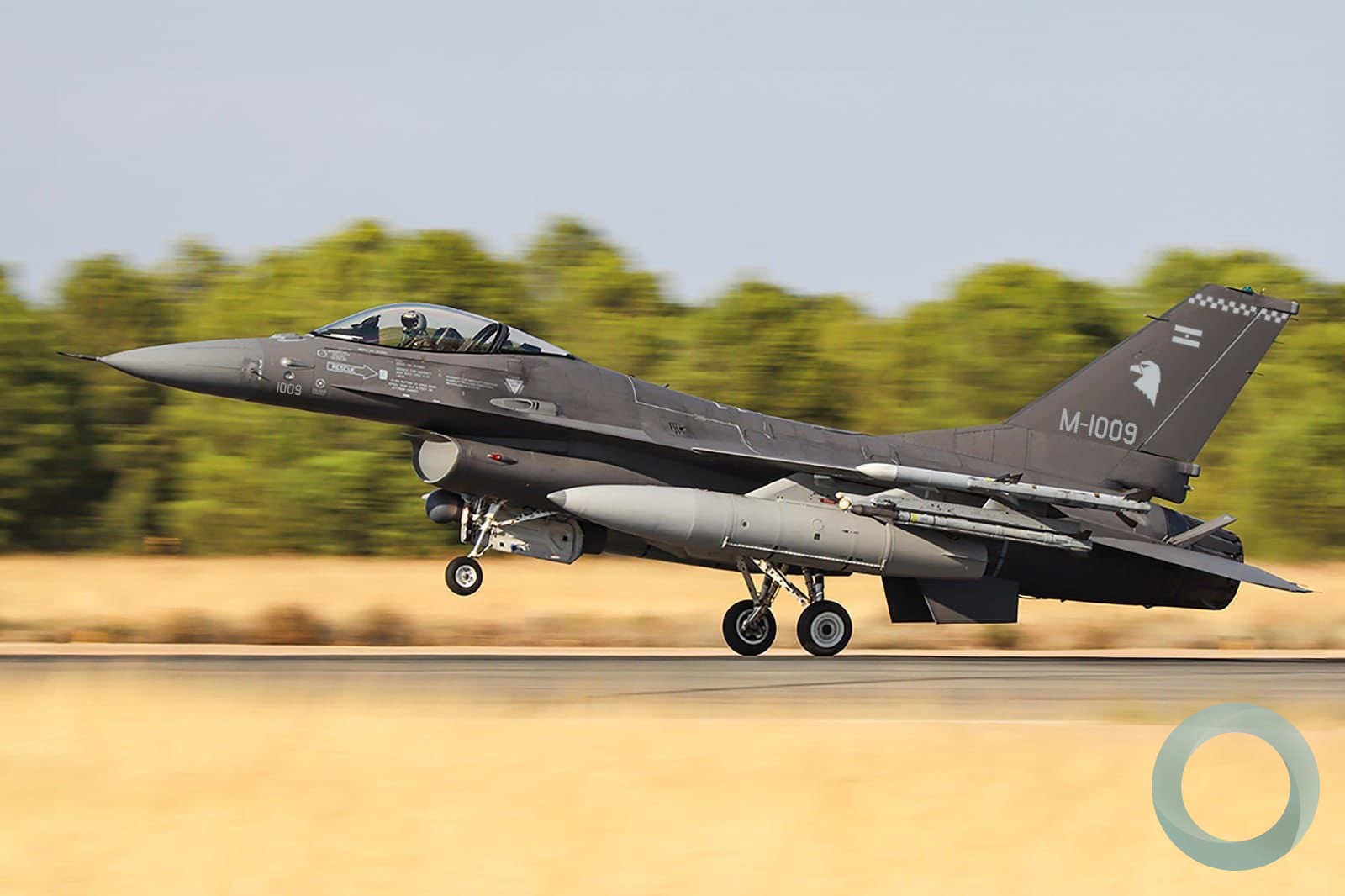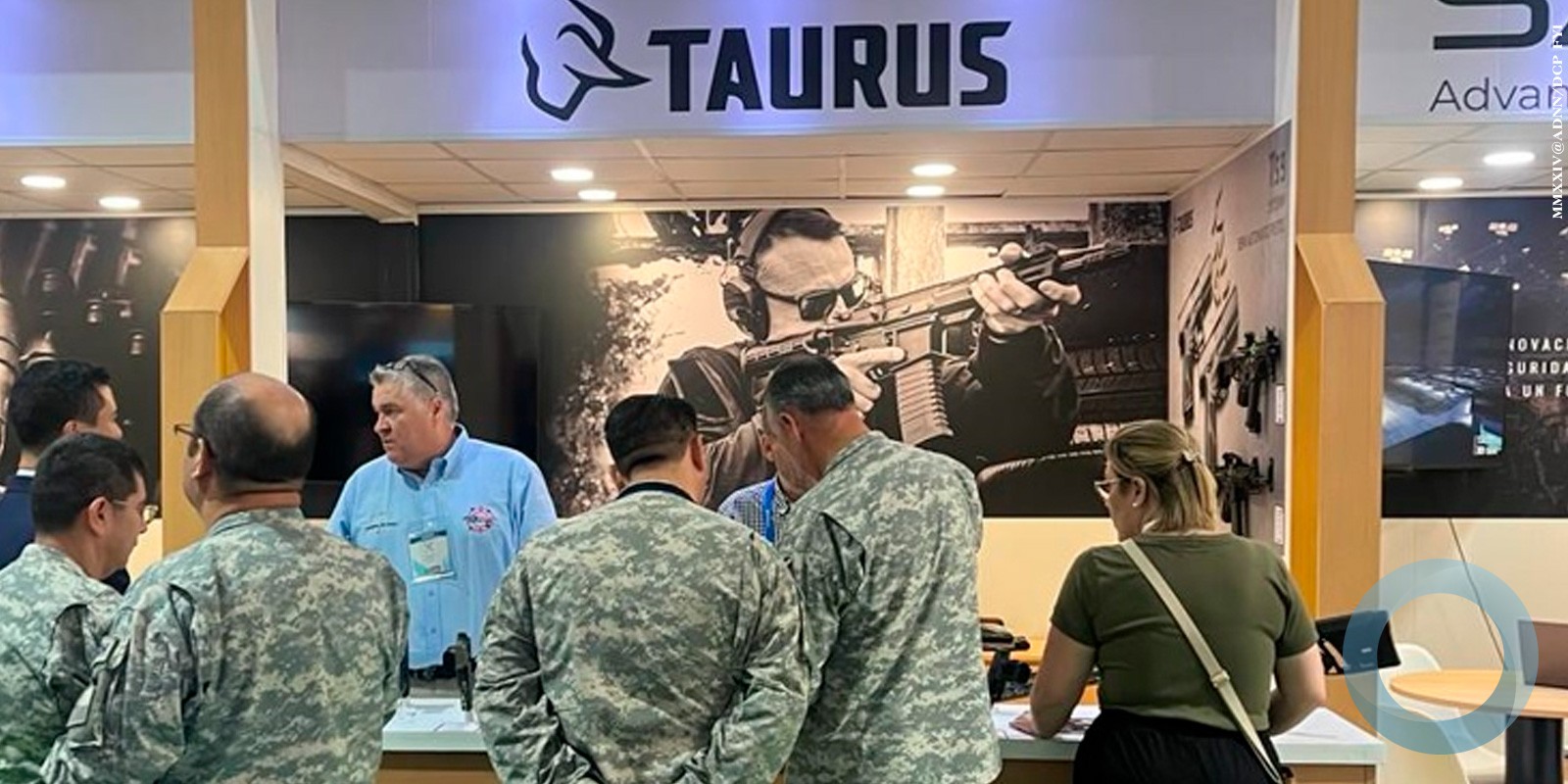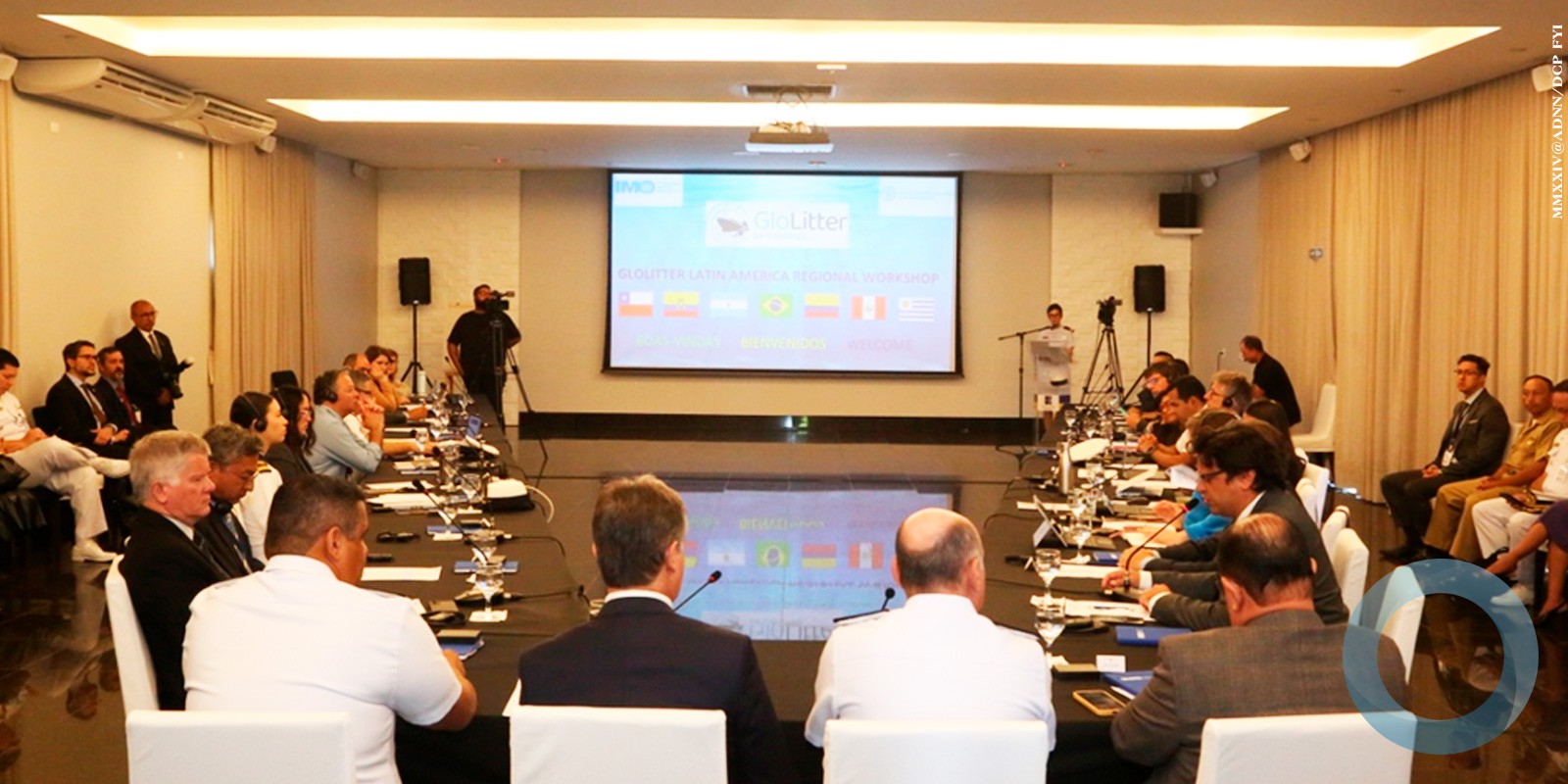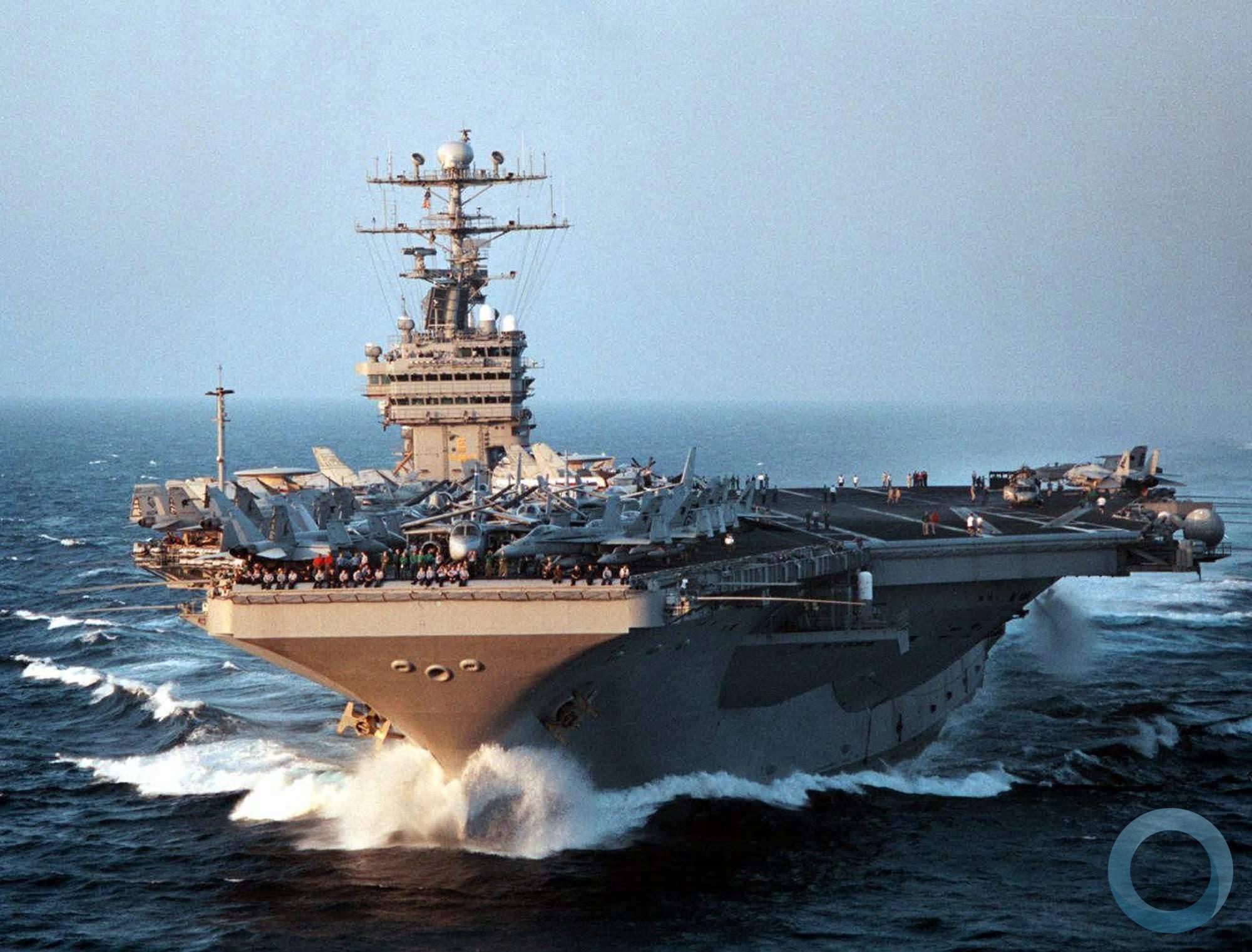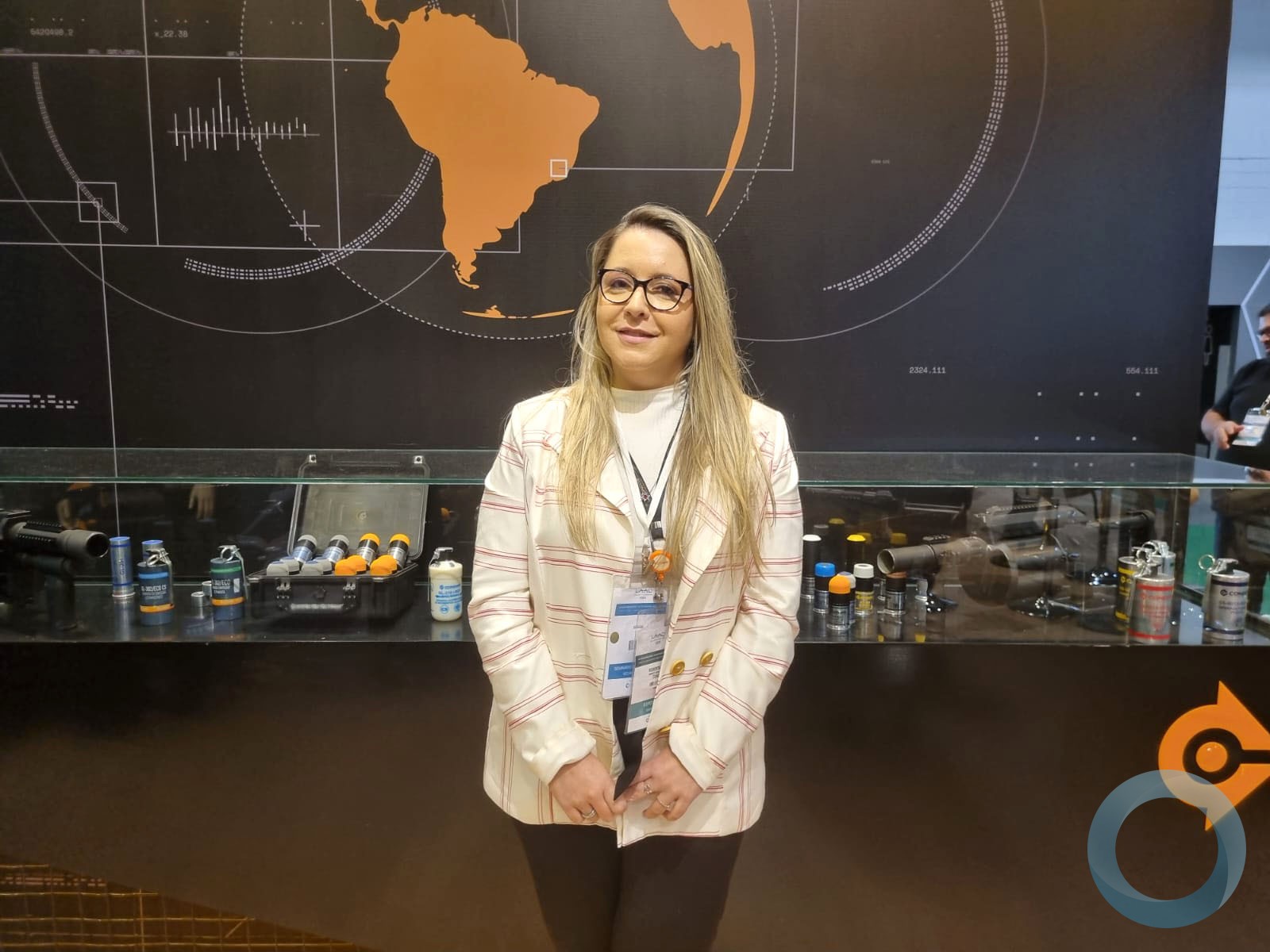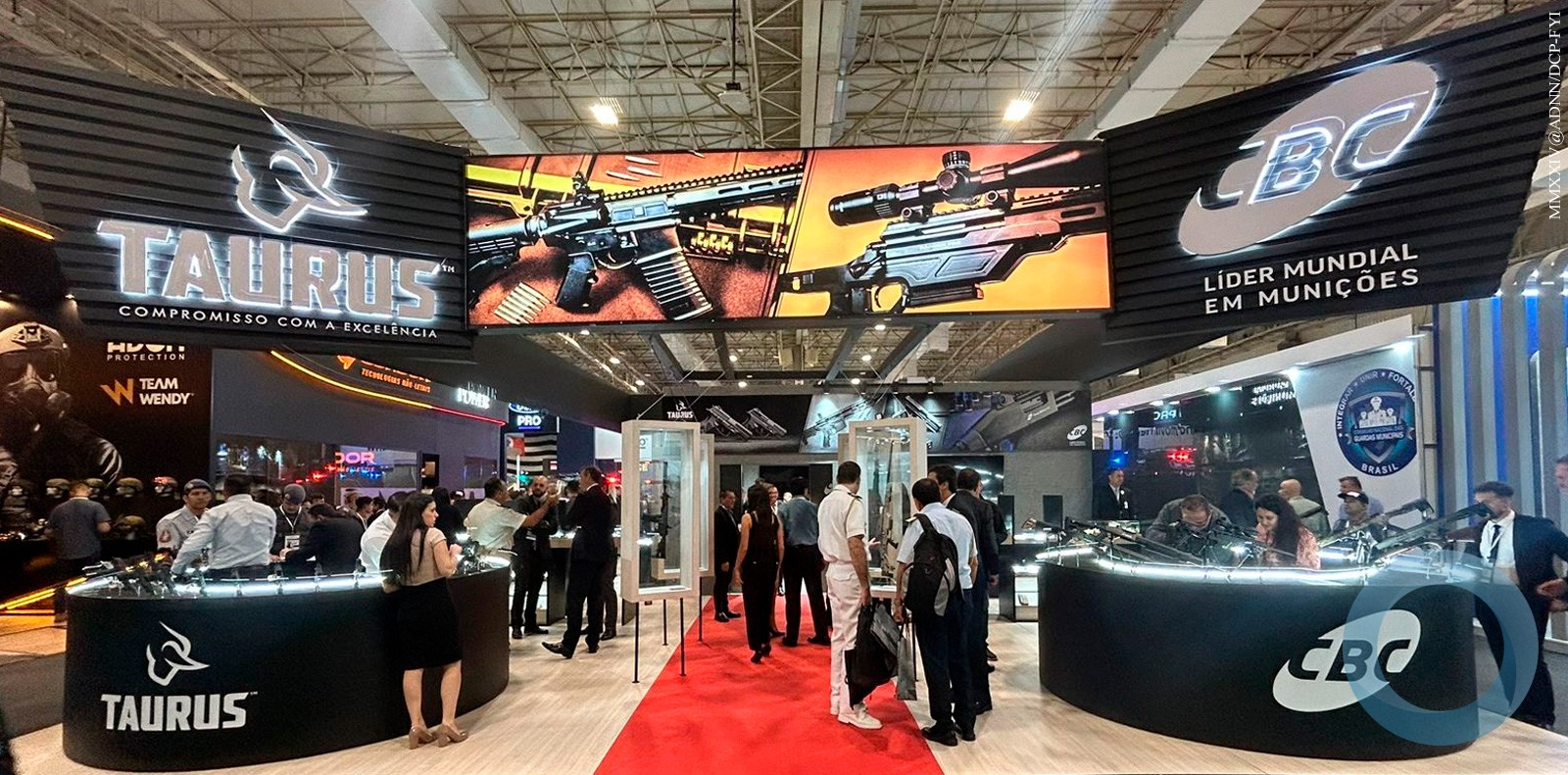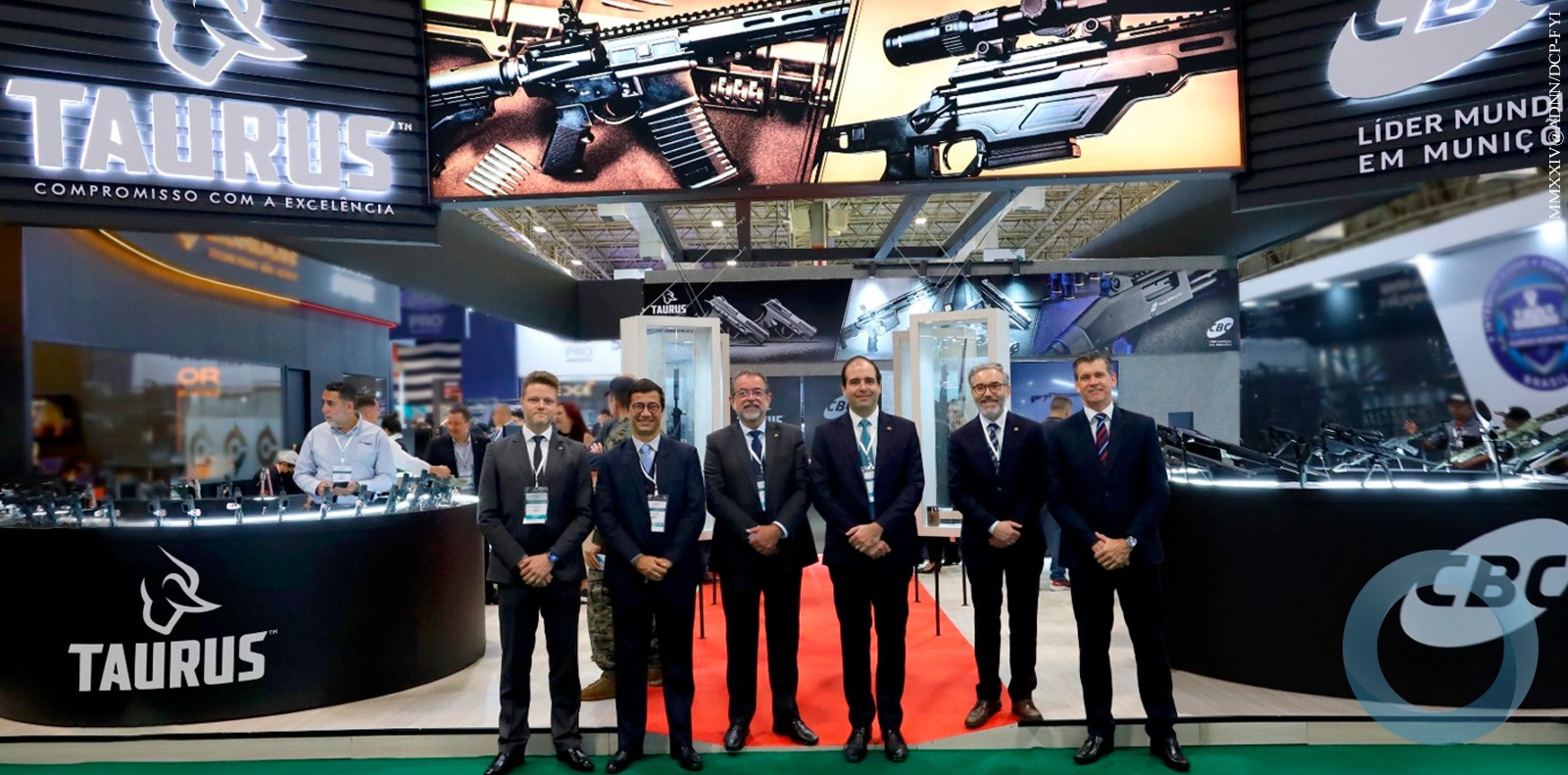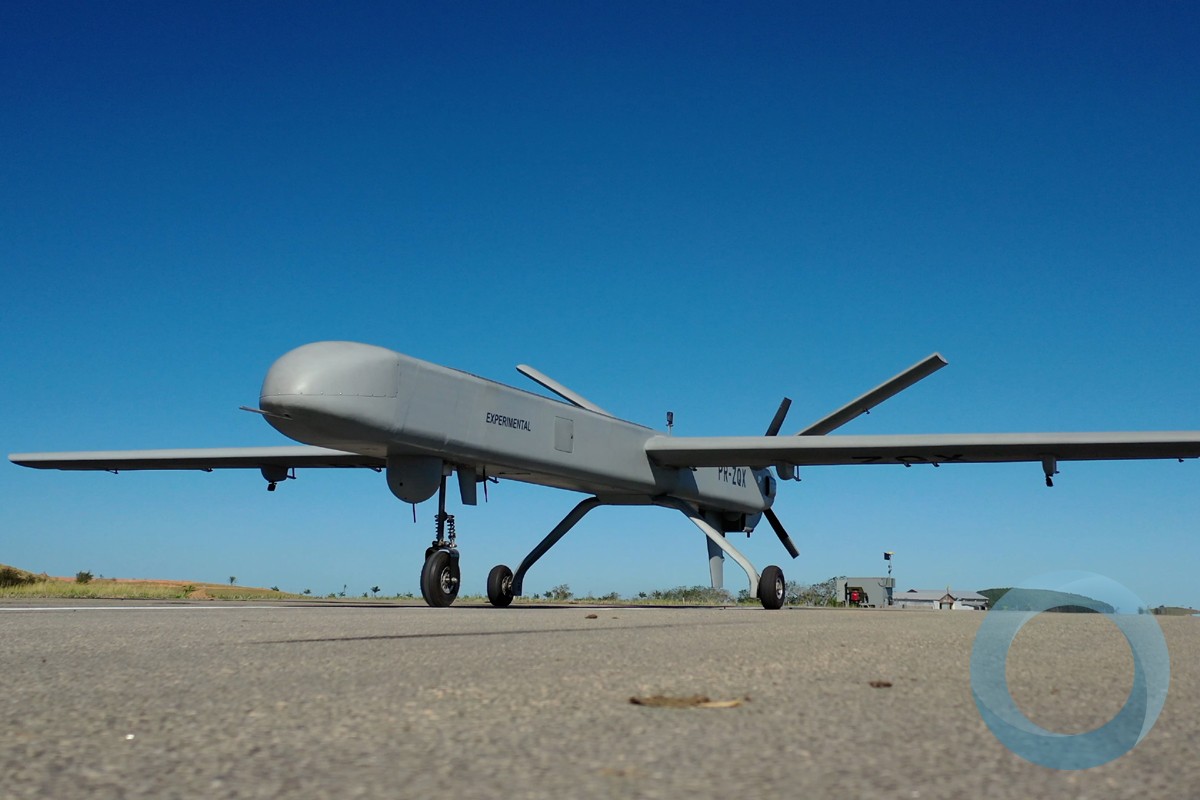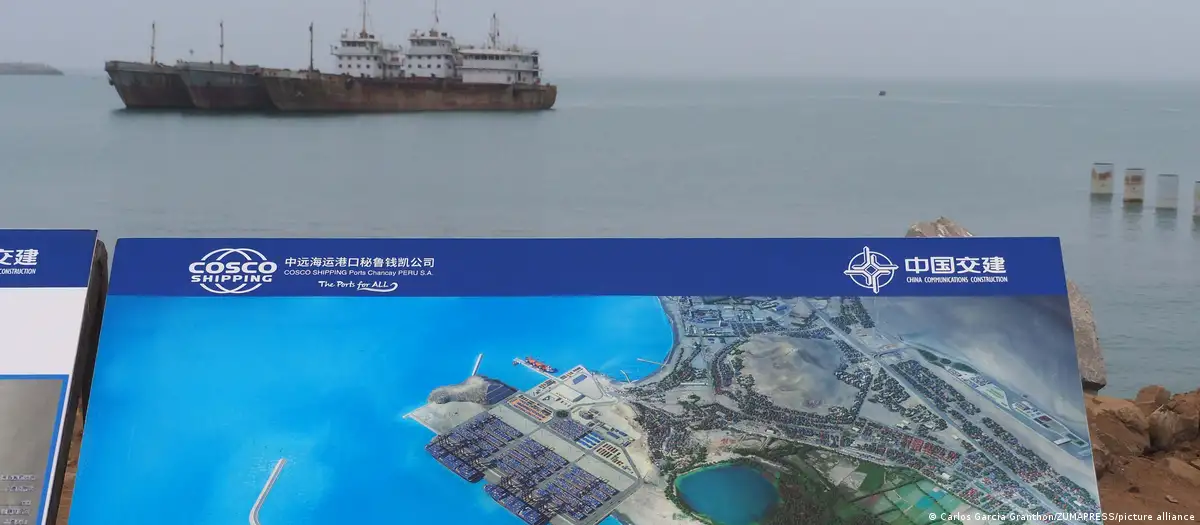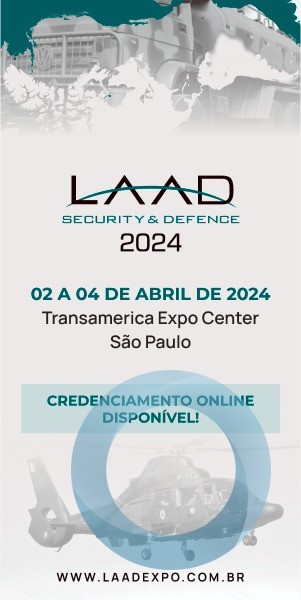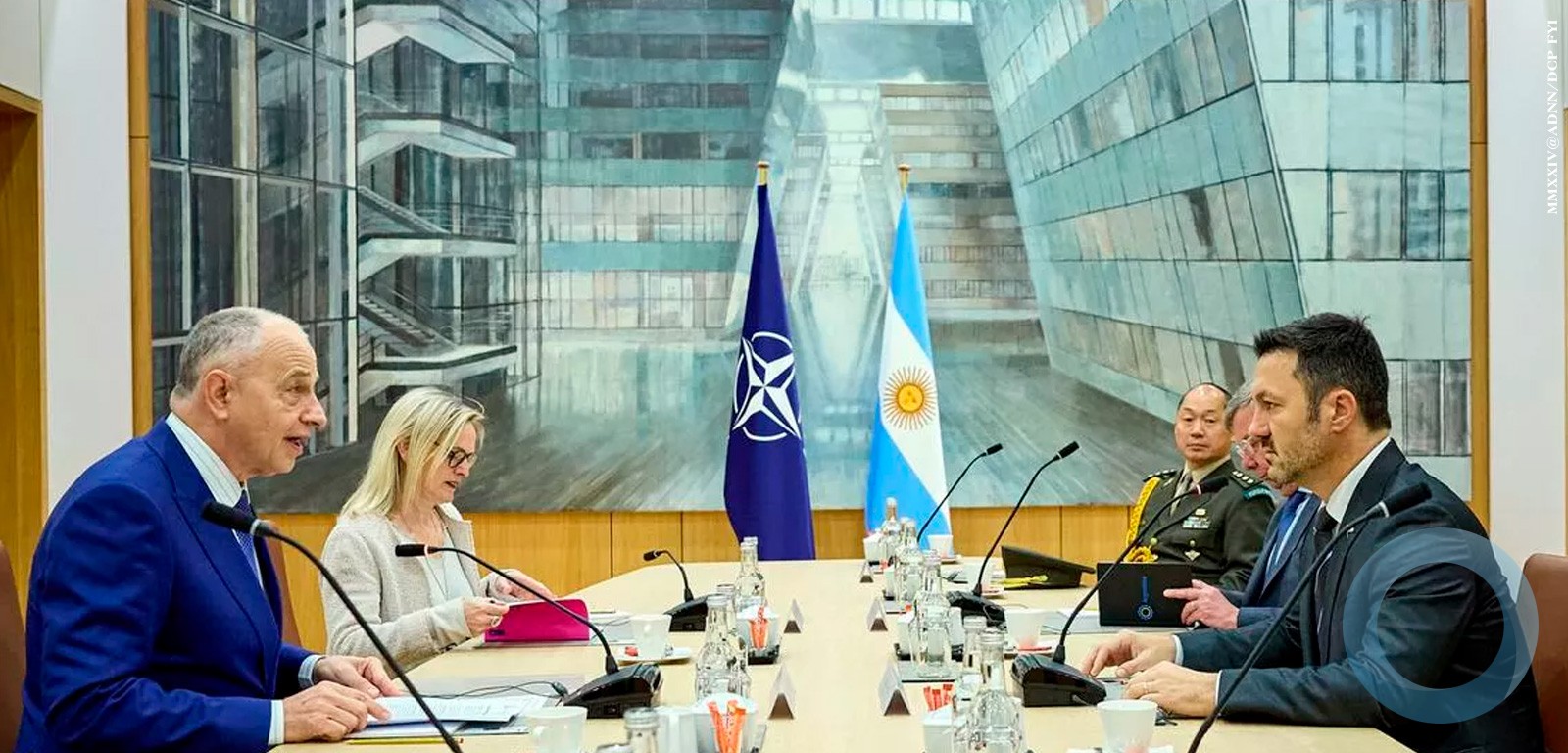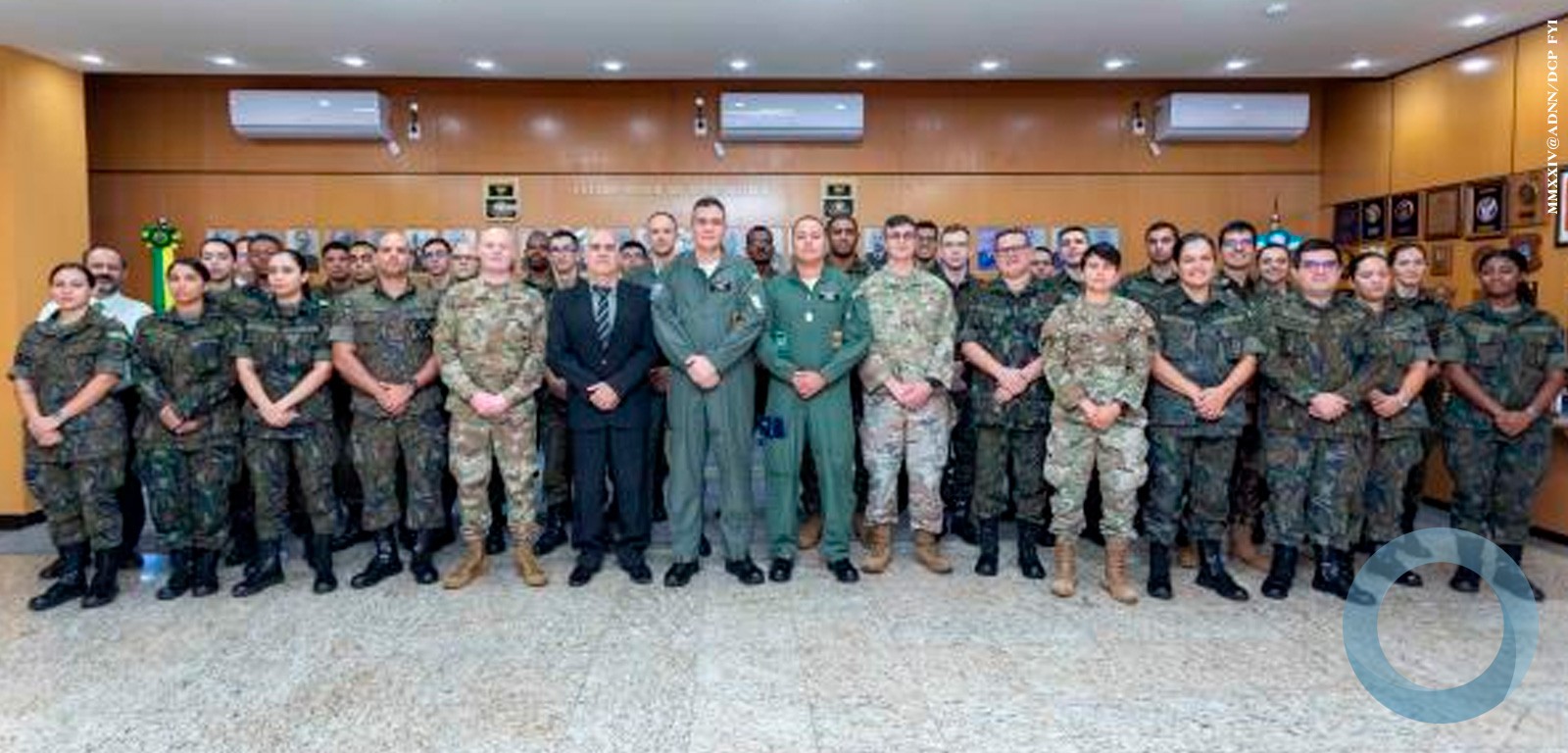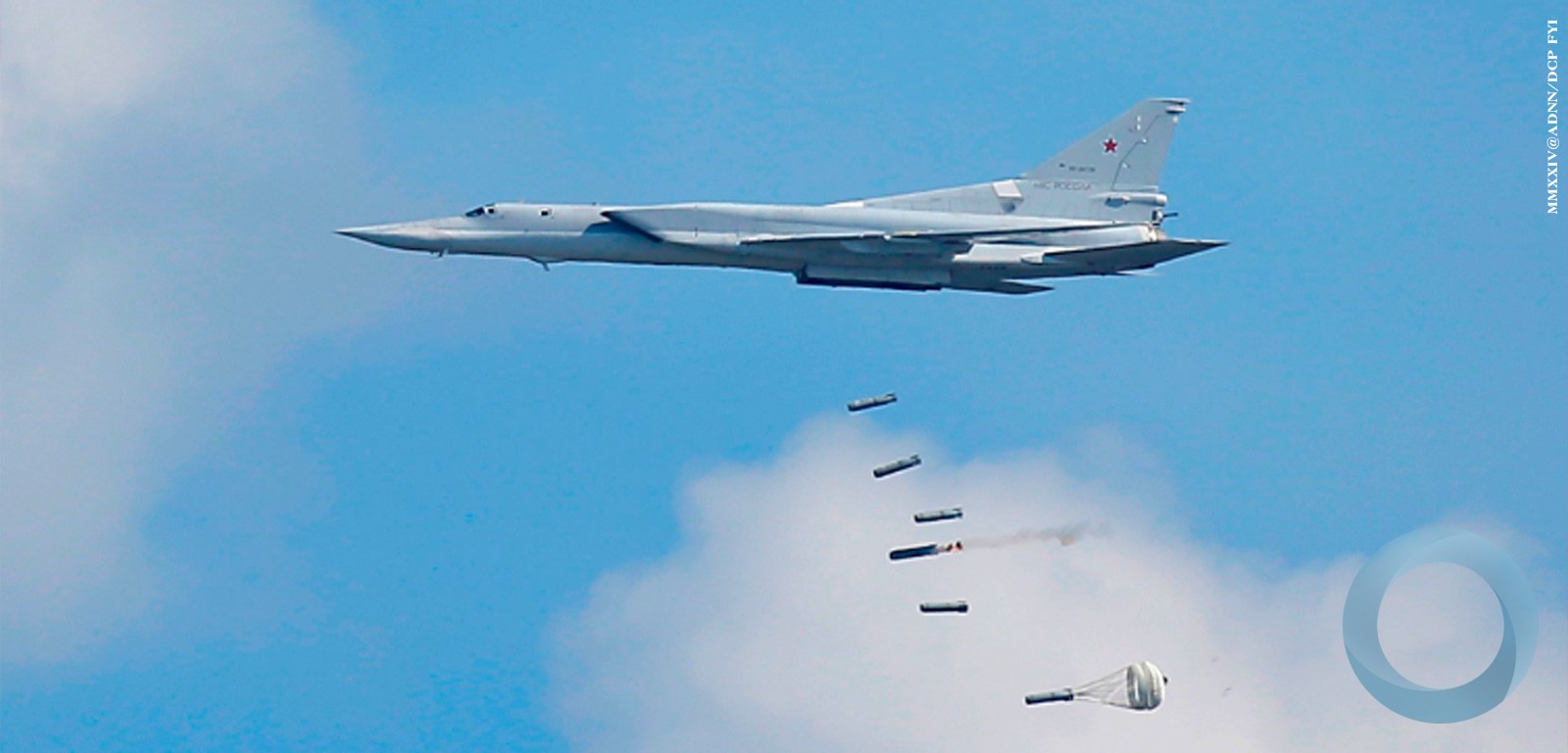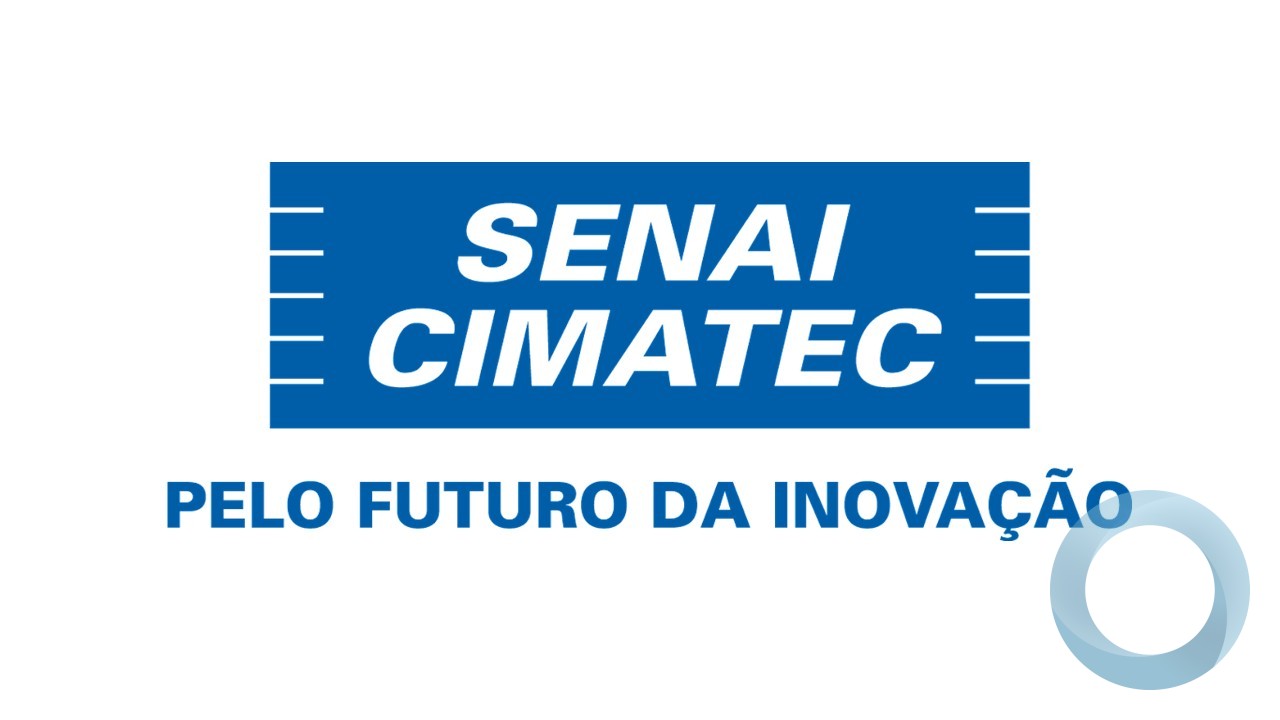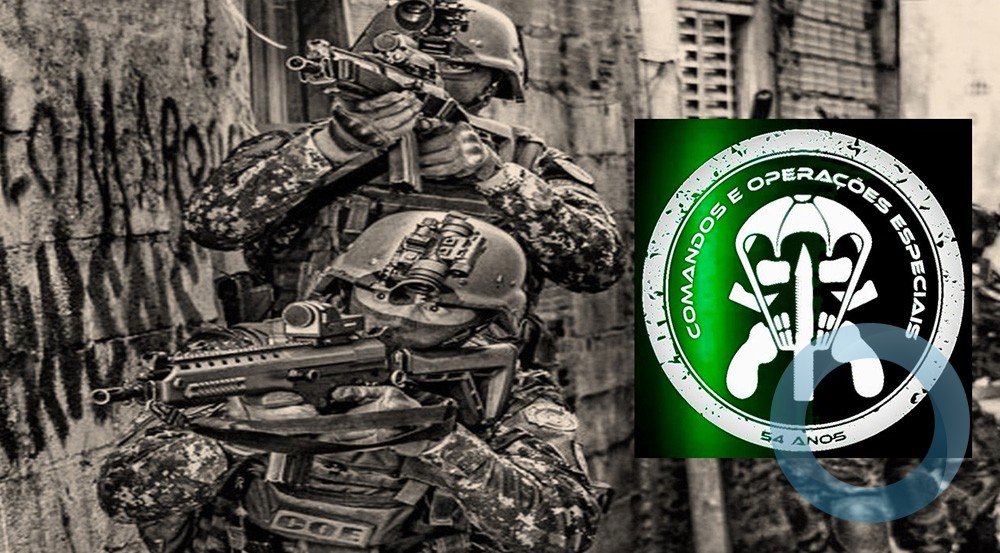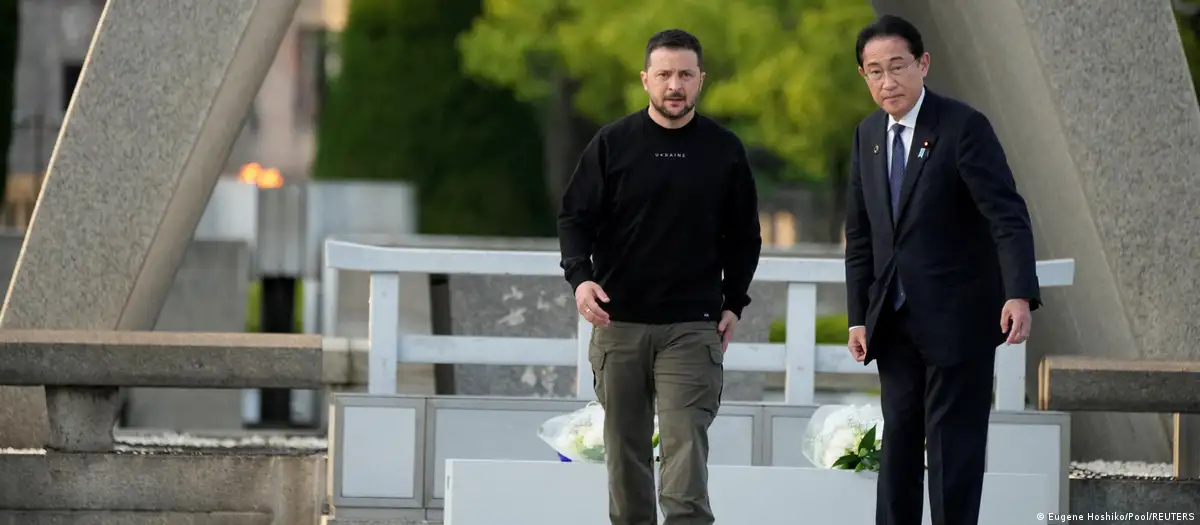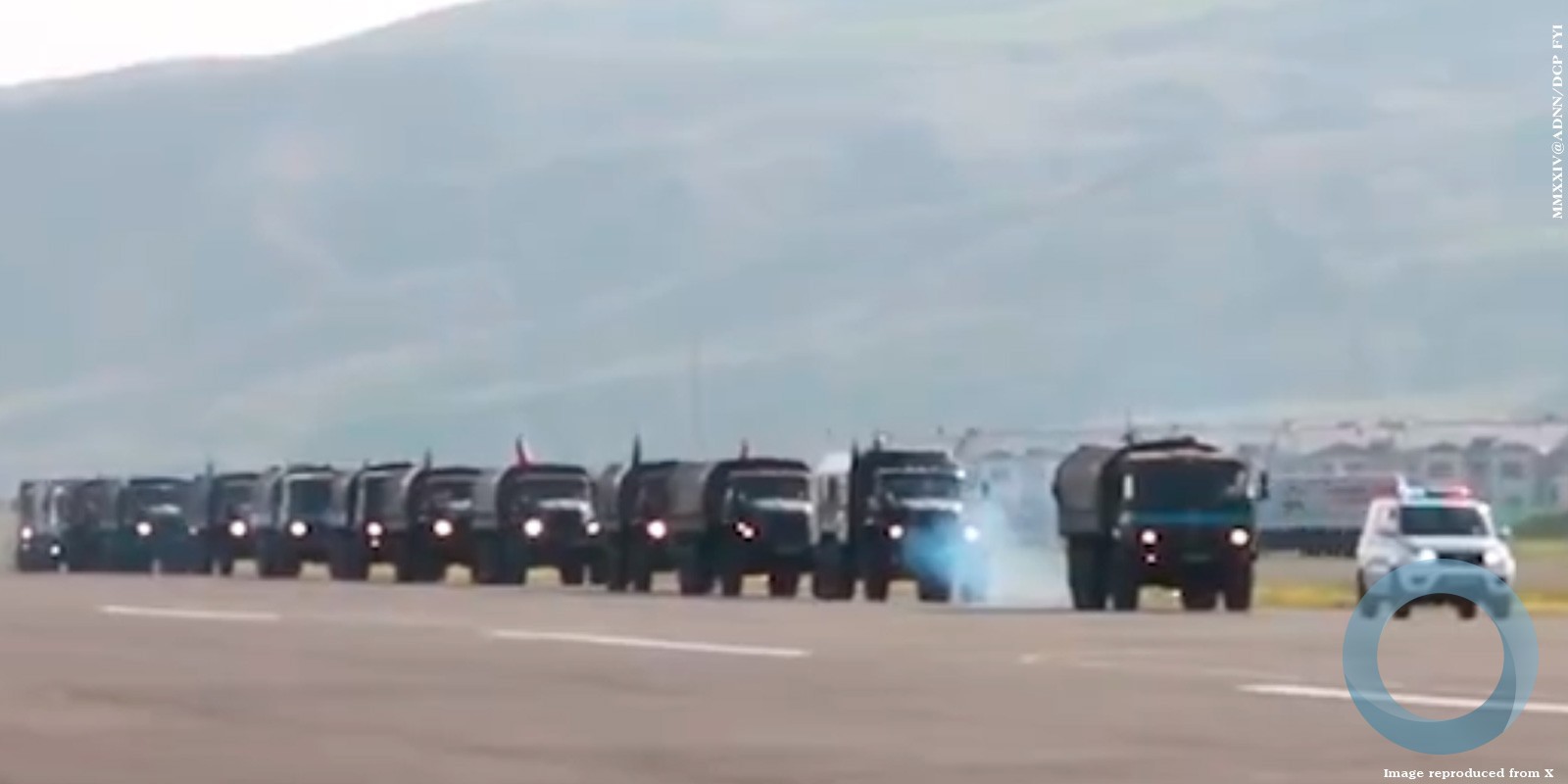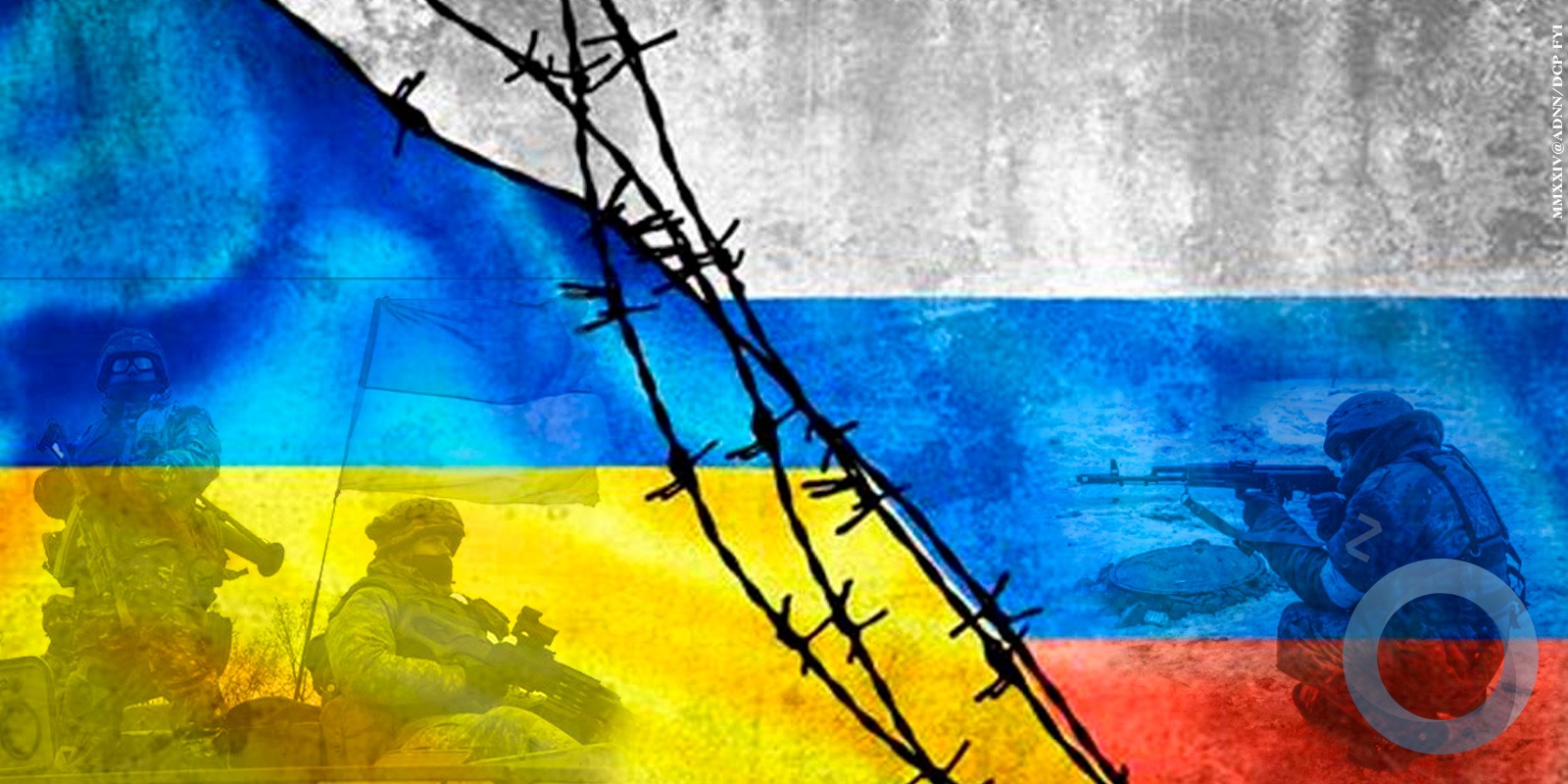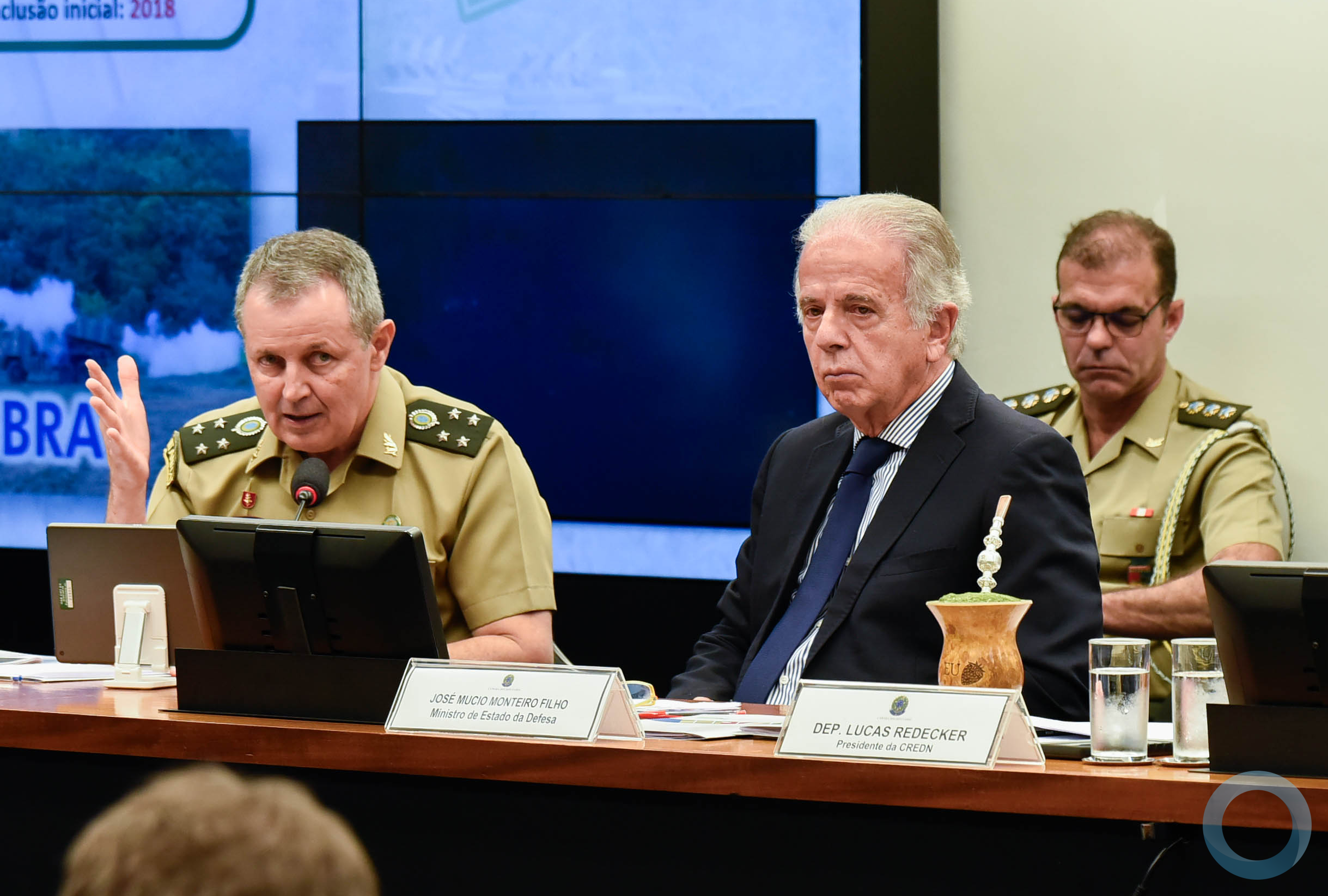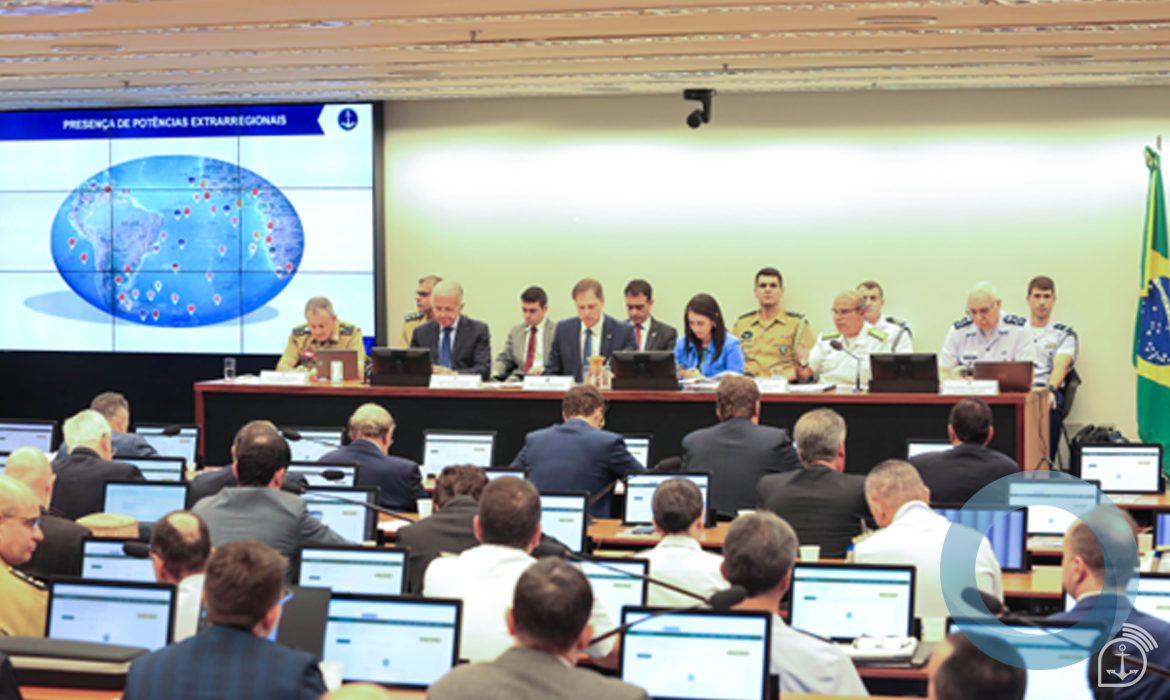Nota DefesaNet
Abaixo um interessante informe do SIPRI em inglês.
O Editor
Panamá– O presidente do Panamá Ricardo Martinelli publicou na sua conta do twitter @rmartinelli imagéns dos aviôes Mig-21 que foram localizados dentro de um container no navio norte-coreano Chong Chon Gang, que vinha de Cuba. Aembarcação se dirigia à Coreia do Norte.
O mandatário tomou as imagens desde o porto de Manzanillo, em Colón, Panamá, onde está navio norte-coreano. Martinelli assistiu à inspeção da carga do barco e retirada dos aviões. Cuba admitiu que tinha material bélico na embarcação e que não tinha sido declarado. Segundo funcionários cubanos tratava-se de equipamentos obsoletos.
As autoridades de segurança do Panamá informaram no domingo (21JUL13), que encontraram dois aviões militares e equipamentos e lançamento de foguetes em outros containeres descarregados do barco norte-coreano retido no porto do Caribe Panamenho com armas escondidas procedentes de Cuba.
Martinelli, acompanhado de outras autoridades, visitou novamente no domingo o Puerto Internacional de Manzanillo, na Província de Colón, 80 km (50 milhas) ao norte da capital, para tornar público os últimos artefatos bélicos encontrados. Na segunda (15JUL13) foi informado da retenção do navio com material militar oculto debaixo de milhares de toneladas de açúcar.
Cuba informou no dia seguinte que a embarcação tinha zarpado desde um porto da ilha, com 10 mil toneladas métricas de açúcar e 240 toneladas de armamento defensivo antigo para ser recondicionado na Corai do Norte e após devolvido. Detalhou que entre os armamentos havia dois caças MiG.21 Bis e 15 motores deste tipo de aeronave, assim como duas unidades de foguetes antiaéreos Volga e Pechora, nove foguetes em e peças.
As autoridades judiciais do Panamá têm acusado a tripulação de 35 marinheiros norte-coreanos da tentativa de passar armamento não declarado pelo Canal do Panamá e formularam acusações de atentar contra a segurança coletiva por transportar um carregamento bélico ilegal.
O governo do Panamá solicitou às Nações Unidas que envie especialistas para inspecionarem carga e determinem se houve uma violação do embargo de armas imposto à Pyongyang. Uma missão de especialistas da ONU chegará ao Panamá na primeira semana de agosto, declarou o governo panamenho.
|







